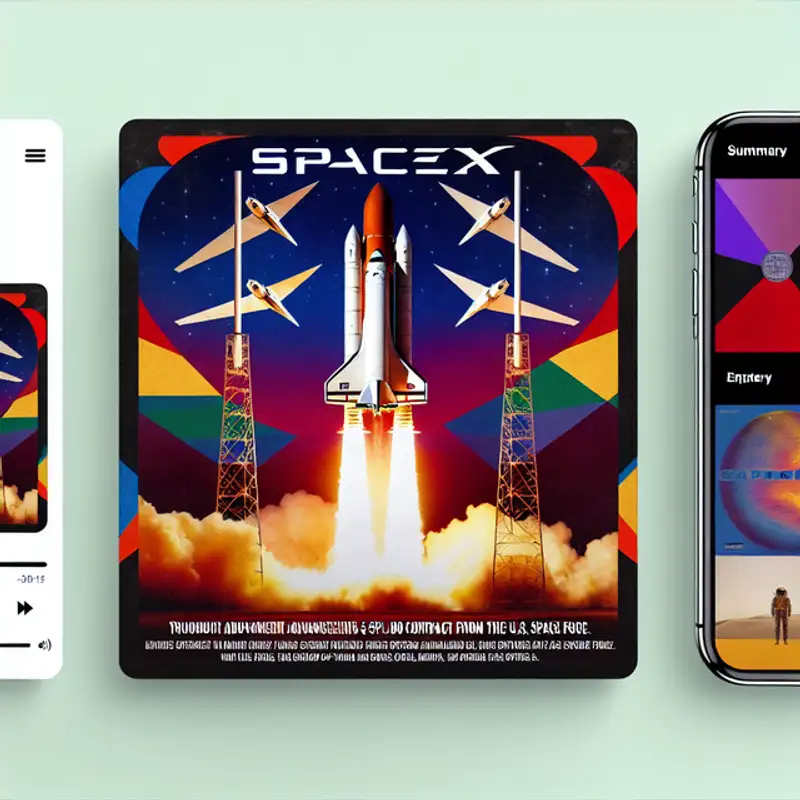 Episode
Episode
· 02:34
SpaceX just scored a major win in the space race—armed with a $5.9 billion contract from the U.S. Space Force, Elon Musk's rocket company is now the Pentagon’s top choice for national security launches. In a decisive shift, most of the military’s premium launch missions for 2025 went to SpaceX, and even a GPS satellite mission originally assigned to United Launch Alliance (ULA) got reassigned to SpaceX’s trusty Falcon 9, due to delays in ULA’s Vulcan rocket program. While some are raising eyebrows over Musk’s connections to Donald Trump, ULA CEO Tory Bruno remains diplomatic, saying, “We have not been impacted by our competitor’s position advising the president.” Bottom line? Politics aside—SpaceX wins because it delivers faster, cheaper, and more reliably than the competition.
Key Points:
SpaceX won a $5.9 billion contract from the U.S. Space Force, positioning it as the lead provider for national security space launches.
Most of this year's high-value military launch contracts—part of the Pentagon’s Phase 3 procurement program—were also awarded to SpaceX.
A GPS satellite mission originally slated for ULA’s Vulcan rocket was moved to SpaceX’s Falcon 9 due to Vulcan's extended delays.
Elon Musk’s relationship with Donald Trump has sparked concern over potential conflicts of interest, especially given Trump has floated plans involving SpaceX.
ULA’s CEO, Tory Bruno, responded diplomatically, saying, “I expect that the government will follow all the rules and be fair.”
Military leadership agrees that exclusive reliance on any single launch provider is a bad idea, and efforts are underway to diversify: Blue Origin, Rocket Lab, and Stoke Space have been added to the Pentagon's potential launch roster.
The Vulcan rocket only recently became certified for military payloads—years behind schedule—while SpaceX continues launching Falcon 9 and Falcon Heavy with proven reliability.
Despite its challenges, ULA continues to compete, but SpaceX’s readiness, cost-efficiency, and track record are hard to beat in contracts that demand results above all else.
Source: Ars Technica, April 2025, by Stephen Clark. Verified against related reporting from SpaceNews and Reuters.
Link to Article
Listen to jawbreaker.io using one of many popular podcasting apps or directories.